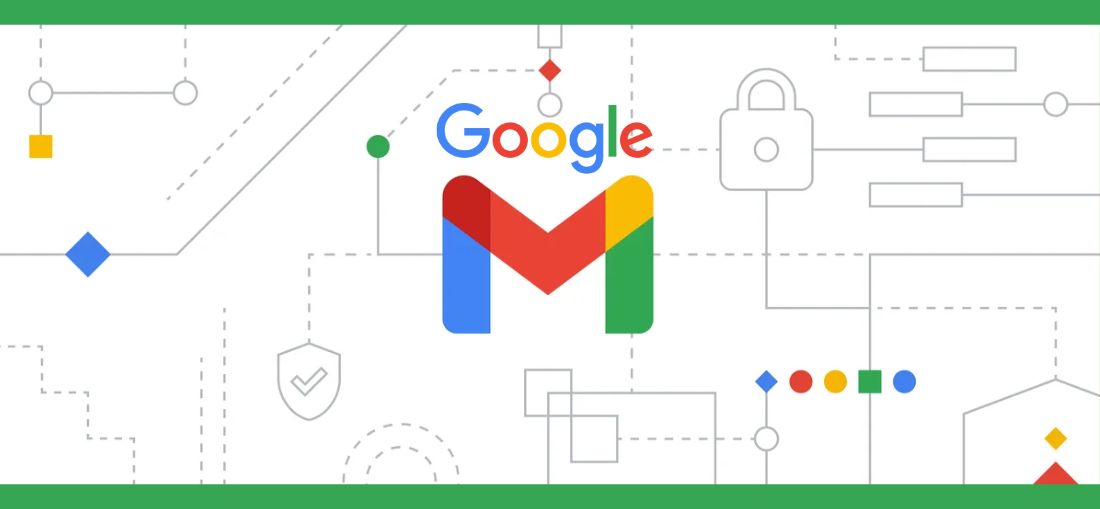In an effort to enhance email security and reduce spam levels, Gmail has just announced that it is implementing new requirements for bulk senders, starting in 2024.
The new focus is on ensuring authentication, easy unsubscription, and maintaining a reported spam threshold. Despite Gmail’s AI-powered defenses blocking over 99.9% of spam, phishing, and malware, evolving threats necessitate additional measures.
The primary emphasis is on email validation to counter potential security lapses in bulk senders’ systems. Gmail has observed that many senders fail to secure and configure their systems adequately, providing opportunities for attackers to conceal themselves. To address this, Gmail has previously mandated authentication for emails sent to Gmail addresses, resulting in a 75% reduction in unauthenticated messages.
The forthcoming requirements for bulk senders, applicable to those sending over 5,000 messages to Gmail addresses daily, include:
- Authentication of Emails: Bulk senders must authenticate their emails using established best practices to close loopholes exploited by attackers, enhancing overall email security.
- Easy Unsubscription: Large senders must enable a simple, one-click unsubscription process for Gmail recipients, with unsubscription requests processed within two days. These requirements aim to streamline the opt-out process and reduce unwanted messages.
- Spam Rate Threshold: Gmail will enforce a clear spam rate threshold that senders must adhere to, preventing users from being inundated with unwanted messages. This industry-first measure enhances the effectiveness of existing spam-prevention tools.
The initiative aligns with industry partners’ recognition of the need for safer, more secure email experiences. Marcel Becker, Senior Director of Product at Yahoo, commented, “No matter who their email provider is, all users deserve the safest, most secure experience possible. In the interconnected world of email, that takes all of us working together. Yahoo looks forward to working with Google and the rest of the email community to make these common sense, high-impact changes the new industry standard.”
These requirements are positioned as basic email hygiene practices, with many senders already meeting most of them. Gmail has published guidance to assist those who need to enhance their systems before enforcement begins in February 2024.
Why is this important?
Characterising these changes as a “tune-up” for the email ecosystem, Gmail underscores the need for continuous collaboration and vigilance from the entire email community to maintain a secure, user-friendly, and spam-free environment. The intention is not a one-time exercise but an ongoing effort to ensure the safety and functionality of email communication.
cover image courtesy of Google
Author spike.digital